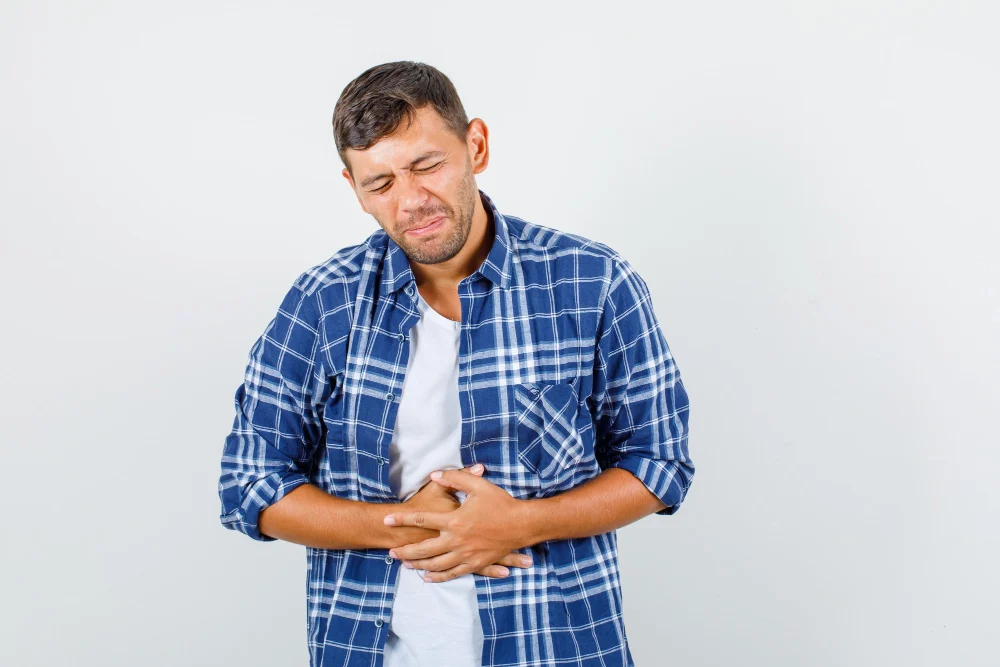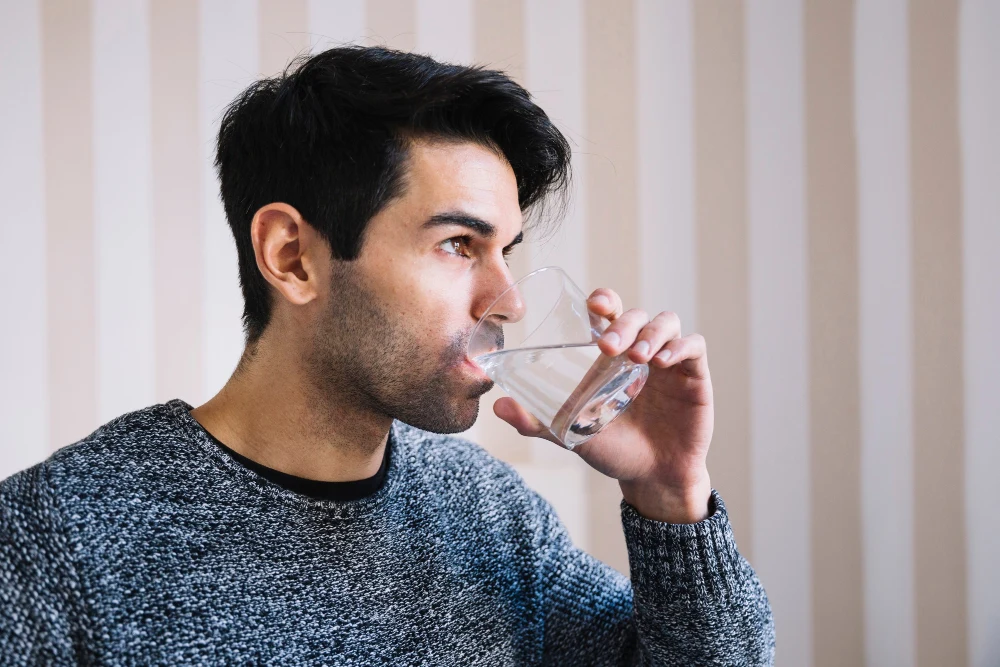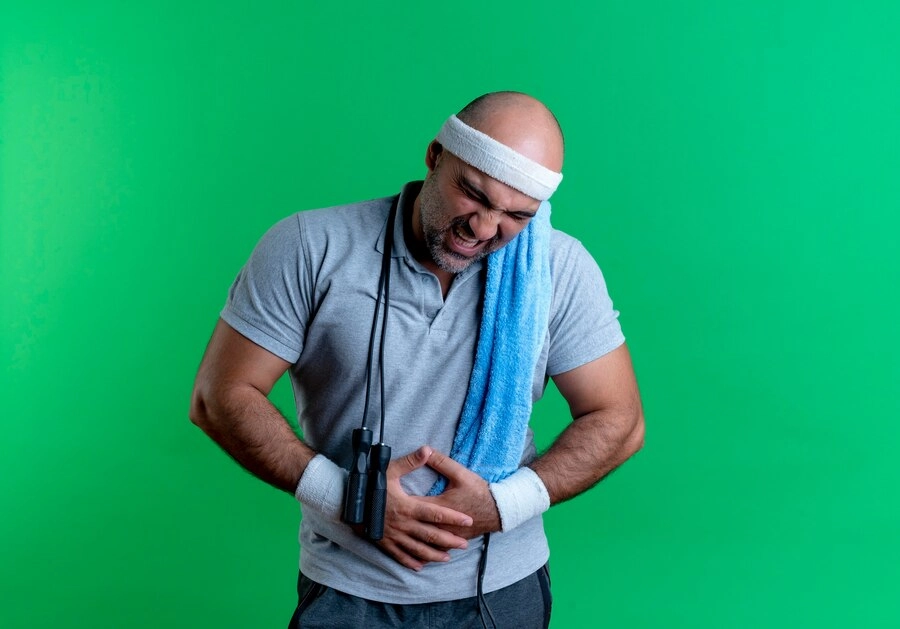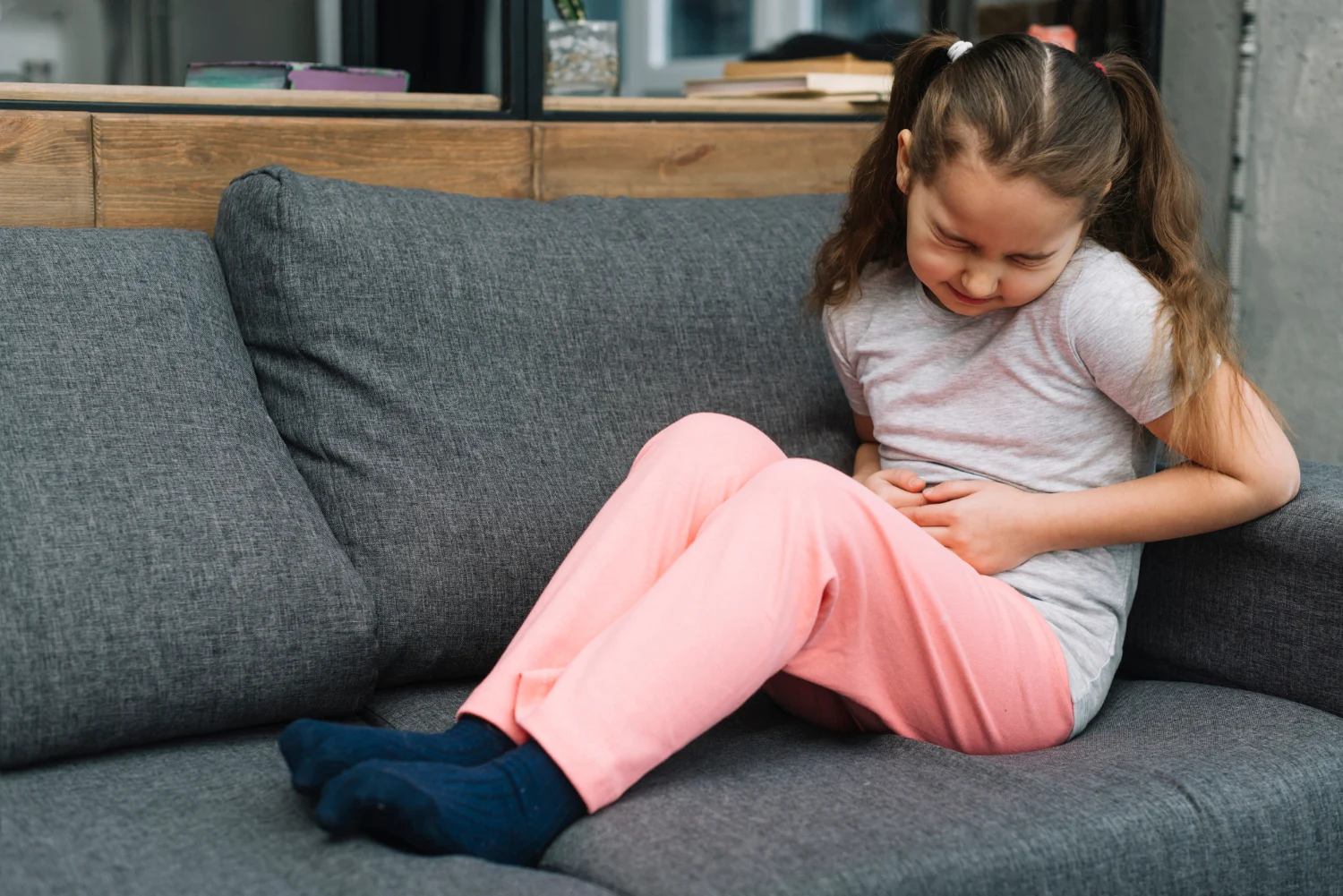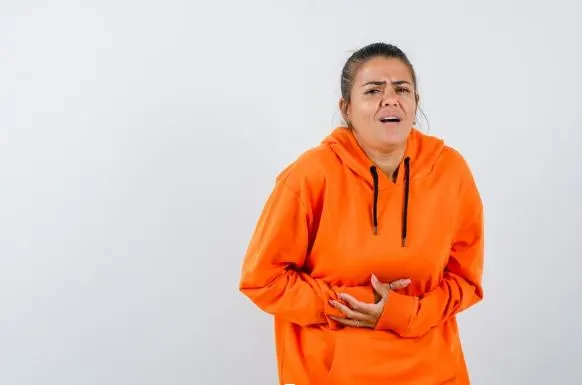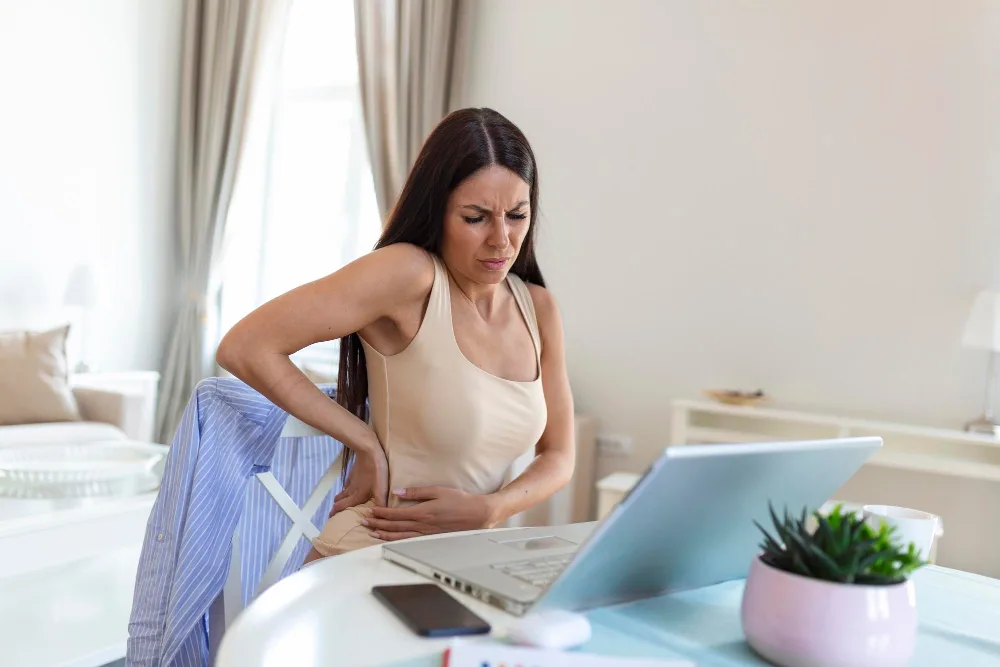How to Get Rid of External Piles at Home
Category: General Surgery
External piles, also known as external hemorrhoids, are swollen veins that develop around the anus and can cause pain, itching, and discomfort during bowel movements. They are often the result of chronic constipation, prolonged sitting, or straining during defecation. While medical intervention may be necessary for severe cases, many mild to moderate cases of piles can be managed effectively at home with simple lifestyle changes and natural remedies.
At Lokmanya Hospital, our experts emphasize early management and patient education to prevent complications. With a combination of advanced medical care and guidance for at-home remedies, Lokmanya Hospital ensures that patients receive holistic and effective treatment for piles, minimizing discomfort and promoting long-term relief.
Home Remedies to Get Rid of External Piles
Managing external piles at home starts with small yet effective lifestyle changes. These remedies can help ease pain, reduce swelling, and prevent recurrence naturally.
1. Increase Fiber Intake
A diet rich in fiber helps soften stools, making them easier to pass and reducing pressure on hemorrhoidal veins. Include foods like whole grains, oats, beans, fruits, and leafy vegetables. If dietary fiber isn’t sufficient, a fiber supplement like psyllium husk can help maintain regular bowel movements.
2. Stay Hydrated
Drinking plenty of water throughout the day prevents constipation and reduces straining. Aim for at least 8–10 glasses daily. Avoid caffeine and alcohol, as they can lead to dehydration and worsen symptoms.
3. Warm Sitz Baths
A sitz bath, soaking the anal area in warm water for 10–15 minutes—helps relieve pain, itching, and inflammation. Repeat this two to three times a day for effective relief. Adding a pinch of salt or antiseptic solution can enhance the soothing effect.
4. Cold Compress
Applying a cold compress or ice pack wrapped in a soft cloth to the affected area can reduce swelling and numb the pain temporarily. Do this for 10–15 minutes at a time to alleviate discomfort.
5. Topical Ointments and Natural Remedies
Over-the-counter hemorrhoid creams, aloe vera gel, or witch hazel can provide quick relief from irritation and itching. Ensure you use doctor-approved or natural products that are safe for external application.
6. Maintain Proper Hygiene
Clean the anal area gently after every bowel movement using mild, unscented wipes or water instead of dry tissue. Avoid harsh soaps that can irritate sensitive skin.
7. Avoid Straining and Sitting for Long Periods
Try not to sit for extended durations, especially on hard surfaces. Take short walks between long sitting sessions to improve circulation. Avoid straining during bowel movements, which can worsen piles.
8. Exercise Regularly
Light exercises like walking, yoga, and pelvic floor exercises can stimulate bowel function and prevent constipation. Regular physical activity promotes better digestion and circulation, reducing pressure on anal veins.
When to Seek Medical Attention
While home remedies can relieve symptoms, it’s essential to consult a doctor if you experience persistent pain, bleeding, or swelling. In such cases, medical treatments like rubber band ligation, sclerotherapy, or laser surgery may be recommended for permanent relief.
Why Choose Lokmanya Hospital for Piles Treatment
At Lokmanya Hospital, we combine medical expertise with compassionate care to treat piles effectively. Our team of experienced gastroenterologists and colorectal surgeons use advanced diagnostic tools to assess the severity of your condition and recommend a personalized treatment plan.
We specialize in minimally invasive and laser-based piles surgery, ensuring minimal pain, faster recovery, and reduced chances of recurrence. Beyond treatment, our focus is on guiding patients through lifestyle and dietary changes that help prevent the return of hemorrhoids—making Lokmanya Hospital a trusted name for piles treatment and recovery.
Conclusion
Managing external piles at home is achievable through the right mix of healthy habits, a fiber-rich diet, proper hydration, and maintaining good hygiene. These simple yet effective lifestyle adjustments can significantly reduce pain, swelling, and discomfort while preventing future flare-ups. Early care and consistency play a key role in long-term relief.
However, if symptoms like bleeding, severe pain, or persistent swelling continue, it’s essential to seek expert help. Lokmanya Hospital provides advanced, minimally invasive treatments along with personalized medical guidance, ensuring faster recovery and lasting comfort. With experienced specialists and patient-focused care, Lokmanya Hospital remains a trusted choice for complete piles management and recovery.
Frequently Asked Questions
1. Can external piles go away on their own?
Mild external piles may resolve with home care and lifestyle changes, but persistent or painful cases often require medical attention.
2. What is the best home remedy for external hemorrhoids?
A combination of warm sitz baths, high-fiber diet, and topical treatments like aloe vera or witch hazel can provide effective relief.
3. How long do external piles take to heal?
With proper care, mild cases can improve within a week. Severe or chronic piles may take longer and might need medical intervention.
4. Is walking good for piles?
Yes, walking improves blood circulation and helps prevent constipation, which reduces the strain on hemorrhoidal veins.
5. What should I avoid if I have external piles?
Avoid spicy foods, caffeine, alcohol, and long periods of sitting or straining during bowel movements.
6. Can external piles burst?
In rare cases, a thrombosed external hemorrhoid may rupture and cause bleeding. If this happens, seek medical help immediately.
7. Does Lokmanya Hospital offer laser treatment for piles?
Yes, Lokmanya Hospital provides advanced laser piles treatment that ensures minimal pain, no major cuts, and a faster recovery process.
8. Are home treatments safe for pregnant women with piles?
Most home remedies like sitz baths and fiber-rich diets are safe during pregnancy, but it’s best to consult a doctor before using any medication or ointment.
Previous blog
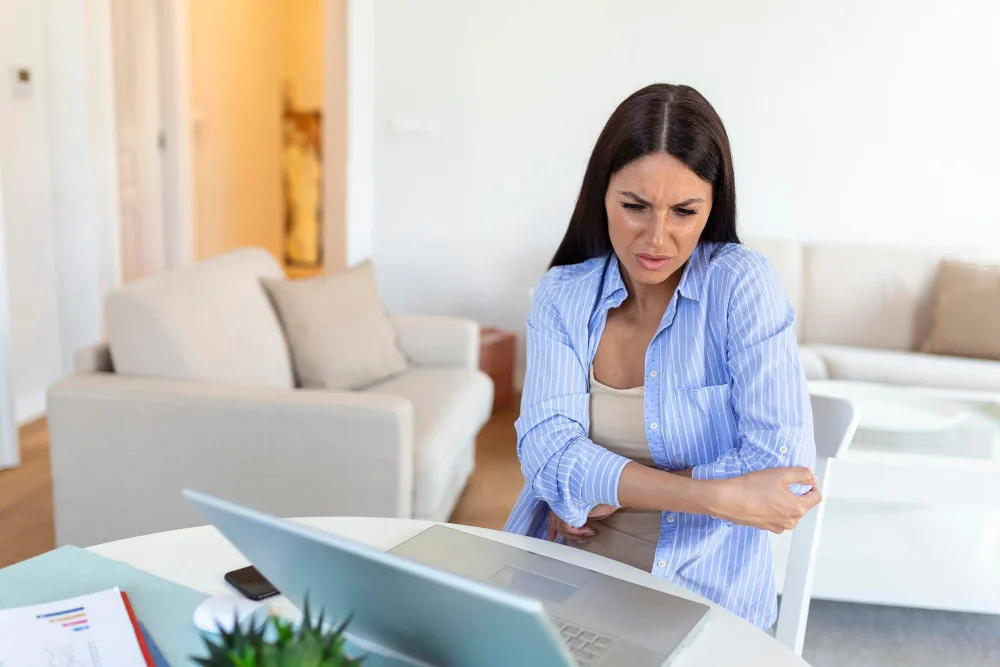
What Causes Arthritis in Young Adults?
Next blog
